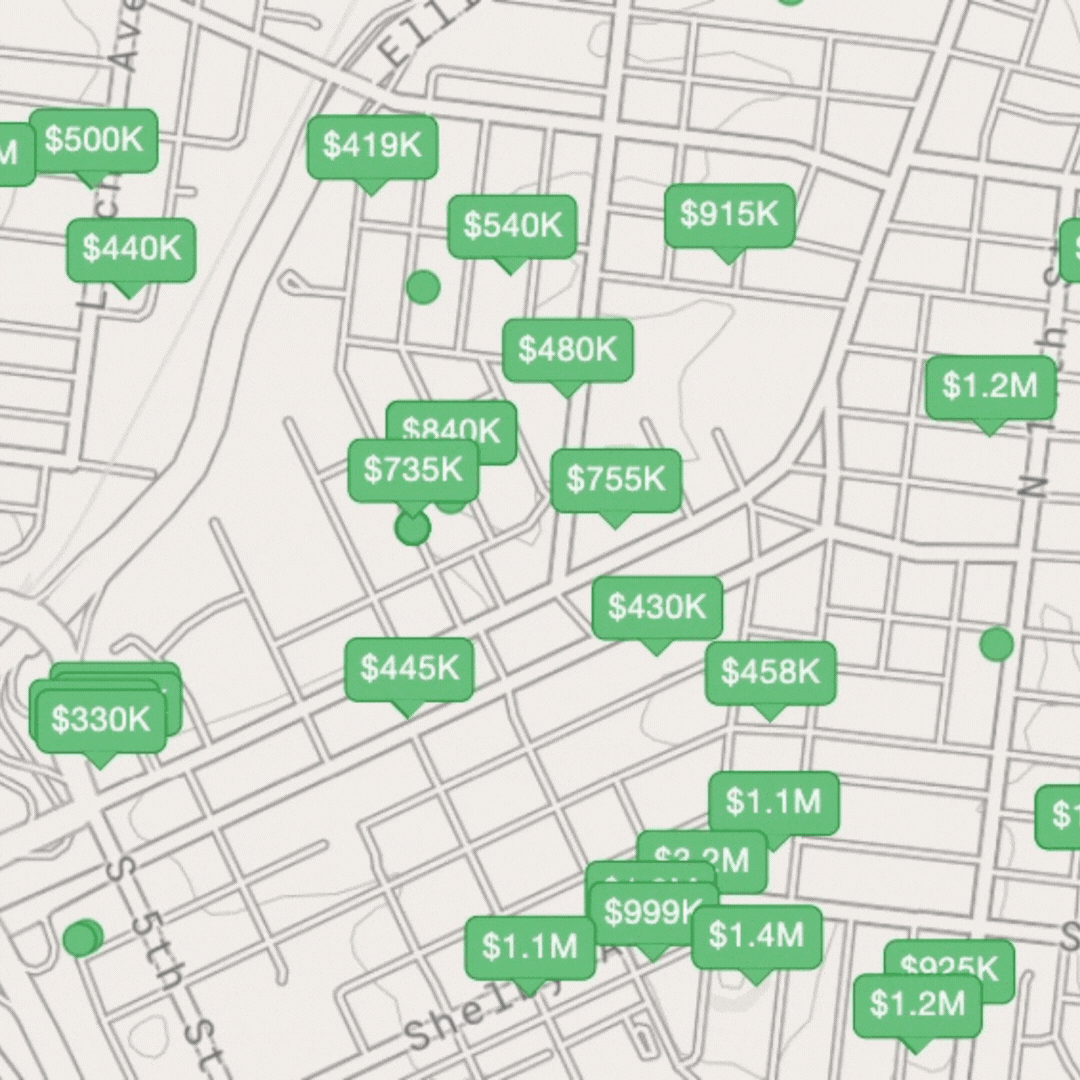
Recently, the real estate industry has been buzzing with discussions and legal actions surrounding traditional commission structures. Today, we delve into the ongoing lawsuits that challenge the established norms and explore the potential shifts in how real estate transactions might unfold.
The Traditional Commission Setup:
Traditionally, Realtors are compensated through commissions, a negotiable percentage typically ranging from five to six percent, which is often split between the buying and selling brokerages. Sellers agree to pay this commission when listing a property, and the listing agent specifies the compensation for the buyer’s agent in the Multiple Listing Service (MLS). In Nashville, Realtracs MLS publishes the offered buyer-side commissions publically.
The Lawsuits:
Recent lawsuits allege collusion by major players, including the National Association of Realtors® and large brokerages, claiming violations of the Sherman Antitrust Act. The argument is that this traditional commission structure limits competition and raises seller costs.
Potential Changes on the Horizon:
While these lawsuits are under appeal, potential changes in the residential real estate landscape are being considered. One possible shift is a move towards a setup seen in commercial real estate, where sellers cover their agent’s fees, and buyers compensate their own agents.
Implications and Concerns:
The goal of reducing costs for sellers may be achieved, but concerns arise about increased expenses for buyers. This potential shift could lead to scenarios where buyers might struggle to afford their own representation.
Possible Outcomes:
Various scenarios might unfold, such as on-contract negotiations for the seller to pay all commissions, buyers rolling costs into loans, or buyers directly paying for representation. The impacts on the dynamics between buyers, sellers, and agents remain to be seen, and who pays who could end up being different in every deal. As market conditions change, deal structures could also change. One worry is that some buyers may ultimately decide to proceed as unrepresented to save money which could cause a spike in instances of Dual Agency whereby the listing agent represents both sides of a deal. Dual Agency is currently somewhat frowned upon in the industry as it is a leading cause of lawsuits.
Conclusion:
As these legal battles continue and potential changes loom, the real estate industry is at a crossroads. Though we find it improbable that significant changes will occur imminently, the implications for buyers, sellers, and agents are uncertain. The evolving landscape invites us to stay vigilant and see how these developments shape the future of real estate transactions in Nashville and beyond. Rest assured that we are tracking these matters diligently.


Hi. I’m back to add a little more context about how we personally handle commissions.
As independent brokers with over 20 years of experience in Nashville, we’ve tailored our commission structure to be both client-friendly and reflective of the industry shifts highlighted above.
We offer a 2% commission rate for sellers, a model made possible by our independent brokerage setup. This rate, significantly lower than most traditional models, is part of our commitment to providing value without sacrificing service or quality. In our practice, we’ve found that this approach not only benefits our clients financially but also aligns with the evolving trends in real estate transactions.
Moreover, we believe in full transparency and collaboration with our seller clients in deciding the best strategy for your property sale, including setting the right listing price and buyer-side compensation offer. This ensures that your property is competitively positioned in the market, even amidst these changing times.
We’re here to navigate these changes with you, offering our expertise and unique commission approach to make your home-selling journey as successful and stress-free as possible. For more details on how we can assist you, please feel free to reach out.
Yesterday, the NAR agreed to a negotiated $418 million settlement that could theoretically wrap this all up. The terms, if accepted by the courts, would cause the following changes in on-the-ground-practice:
*The MLS will no longer be able to publish a unilateral “cooperating commission” to the buyer broker. This means buyer agent commission and rates will become negotiable. The buyer could pay them or attempt to negotiate for the seller to pay them as terms of their purchase contract.
*Buyers must sign a written agreement outlining payment terms with their buyer representative before previewing houses.
Many questions still need to be answered, but this is a win, mainly for home sellers, who stand to pocket more of their proceeds. It’s a blow to agents’ pocketbooks and could make homeownership even more expensive for some first-time buyers. Some say it could lower home prices, but in my opinion, that isn’t happening—the market dynamics of supply and demand control prices. There are also concerns about how these changes will work with current financing guidelines from Fannie Mae and Freddie Mac. The proposed changes will cause hardships for VA, FHA, USDA, and THDA buyers.
More to come. Stay tuned and call me with questions. ✌️-Steph